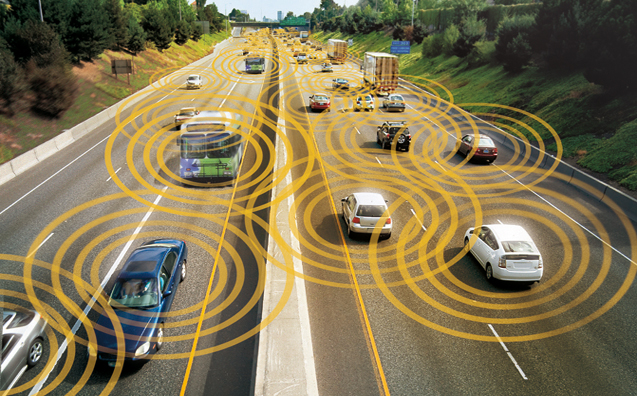Car manufacturers to monetize vehicle data

Car manufacturers on the Road to Monetizing Vehicle Data
With smart electric vehicles soon to be on our roads, it is looking more and more like that car manufacturers will make use of all the data that is collected from the vehicle and it’s owner and monetize that data.
Everyone knows that electric cars and autonomous vehicles are the next big thing in the auto world and if traditional auto manufacturers don’t keep up, they will find themselves out in the cold and will make room for the up-and-coming tech companies which are making huge inroads into the auto world.
Cars are increasingly being enmeshed with Big Data. Some auto industry experts believe that car data monetization will become global and may add up 450 billion to $750 billion by 2030.
Ford has gone as far as saying that their company is no longer just an automaker. Ford CEO Mark Fields, has described the automotive giant as both a car and information/data company.
Many questions will have to be asked in the very near future as to who owns all this new collected data. Issues will obviously arise around the ownership of data captured by the vehicle. Will it be the owner, the automaker or the network app companies that the driver feeds into?

Zero data to Big Data
Up until very recently, cars generated basically no data at all. If the vehicle did collect any information, it was stored in onboard computer repositories that were only accessed when something went wrong with, for example, the engine.
Most cars today have an onboard computer that can perform many more tasks than just basic diagnostics. Many cars are now connected to the internet at almost all times and it's this information that is rapidly becoming a valuable commodity.
We seeing a trickle of rarely used vehicle data now becoming a veritable flood. It might be argued that a lot of this new data could be described as belonging to vehicle owners.

Consumers, therefore need to see a real value for this information to be willing to pay for services based on their data generation. The McKinsey researchers, who have investigated the trends on new vehicle technology and data have also provided some guidelines which they are calling the "golden rules" — to ethically handle consumer information:
- Never use data against your customers, but rather in their service. Frequency of interaction is critical, as customers do not want to be stressed by continuous questions or propositions.
- Provide clarity and education on what kinds of data are to be used, why and how (e.g., anonymized vs. personalised), with a simple experience in the “terms and conditions” acceptance.
- Do not misuse and do not allow potential third parties to misuse data, aggressively promote data security and respect of privacy, and be clear on “legal aspects.”
- Give customers the choice of what to share and what not to share and for which purposes (i.e., customers need to be in control of their own data); periodically remind customers that they can revise the parameters of data sharing.
- Make gathered data available to customers.
Connected car applications

Communication:
- Handsfree telephony
- Wifi hotspot
- Text messaging and email
Location:
- Hybrid navigation
- Vehicle tracking
- Fleet management
- Map updates
- Geo-fencing
Information:
- Points of interest
- Web access and browsing
- Weather and stock info
- Real-time traffic info
- Concierge services
Entertainment:
- Music streaming
- Web radio
- Online games
- Environmental browsing
- Video on demand
eComerce:
- Road toll
- City toll
- Pay as you drive
- Payment solutions
- Parking space reservation
Social networking:
- Car Facebook
- Car Twitter
- Car search
- Car sharing
- Share my trip
Telematics:
- Real-time parking info
- Driver assistance
- Car diagnosis
- eMobility
- eCall
- bCall
- Remote door lock/unlock
- Stolen vehicle recovery
- Floating car data
Author

Justin Kavanagh
Justin Kavanagh is a recognised leader
in automotive intelligence and vehicle
data supply to the entire motor industry.
He has almost 20 years experience in
building systems from the ground up.
As the Managing Director of Vehicle
Management System, he understands the
need and importance of trustworthy and
reliable vehicle history and advice to
both the trade and the public.
Follow me on LinkedIn
